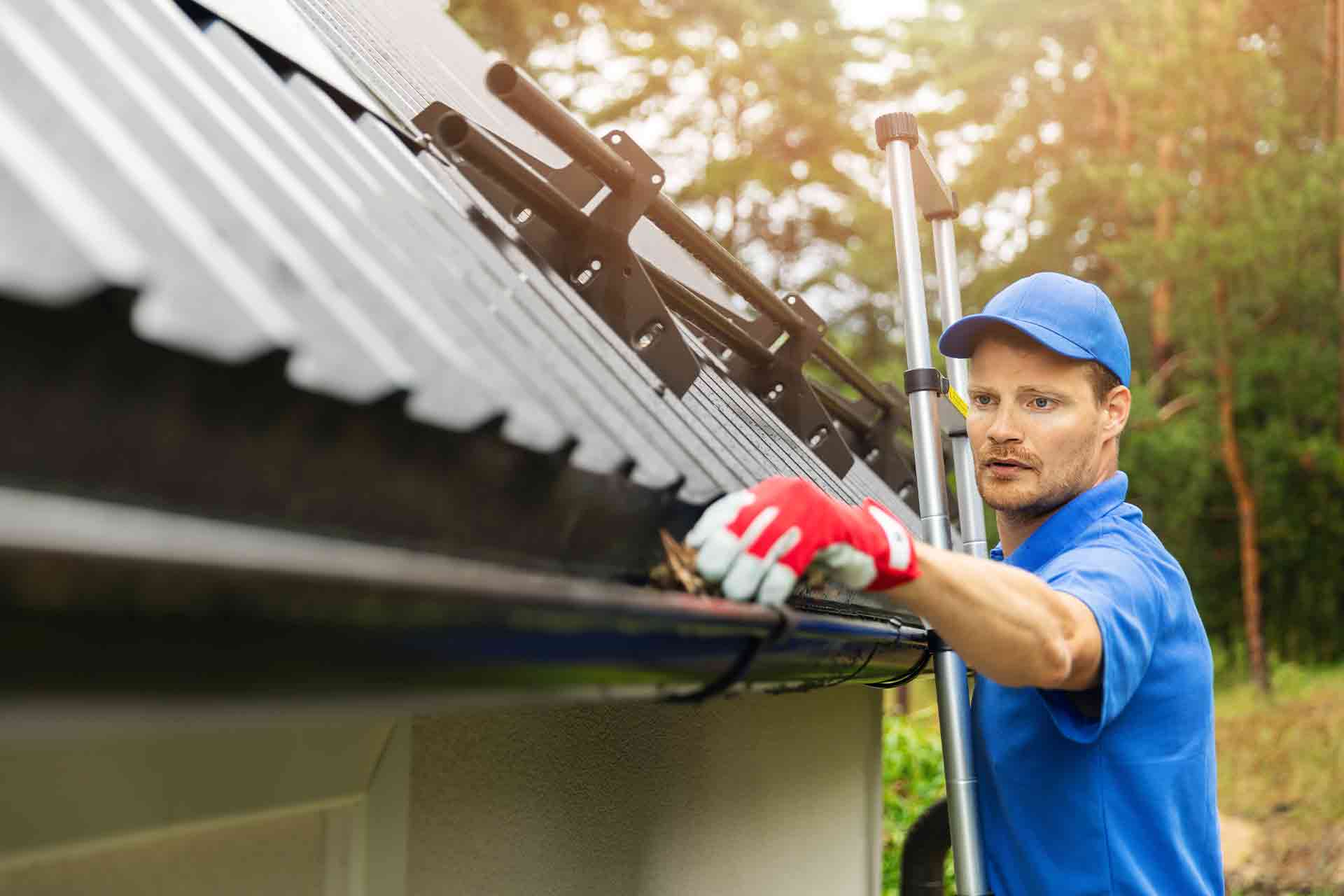As a landlord, one of your most important responsibilities is ensuring your rental property is well-maintained. Regular maintenance not only preserves the value of your investment but also keeps your tenants happy. In this guide, we’ll explore the basics of property maintenance and provide essential tips for landlords to keep their rental properties in top condition.
Why Property Maintenance Matters
Property maintenance isn’t just about keeping up appearances; it’s about protecting your investment and ensuring the safety and comfort of your tenants. Here are a few reasons why property maintenance is crucial:
- Preserving Property Value: Regular maintenance helps prevent minor issues from turning into major problems. This preserves the value of your property over time.
- Tenant Satisfaction: Well-maintained properties are more appealing to tenants. Happy tenants are more likely to stay longer and take better care of the property.
- Legal Obligations: Landlords have legal responsibilities to maintain the property in a safe and habitable condition. Failure to do so can result in legal issues.
Property Maintenance Checklist
To help you navigate property maintenance effectively, here’s a checklist of essential tasks:
Regular Inspections
Perform routine inspections of the property to identify any issues. These inspections can help catch problems early, such as leaks, electrical issues, or structural concerns.
HVAC Systems
Regularly service and clean heating, ventilation, and air conditioning (HVAC) systems. A well-maintained HVAC system ensures a comfortable living environment.
Plumbing
Check for plumbing leaks, drips, or clogs. Address these issues promptly to prevent water damage and inconvenience for your tenants.
Electrical Systems
Ensure that all electrical systems are safe and up to code. Replace faulty outlets or wiring as needed.
Roof and Gutters
Inspect the roof for any signs of damage or leaks. Clean gutters and downspouts to prevent water buildup and potential damage.
Exterior Maintenance
Regularly maintain the property’s exterior, including painting, siding repair, and landscaping. An attractive exterior enhances curb appeal.
Appliance Maintenance
Service and repair appliances as necessary. This includes ovens, refrigerators, washers, and dryers.
Pest Control
Implement pest control measures to prevent infestations. Address any pest issues promptly.
Safety Features
Ensure that smoke detectors and carbon monoxide detectors are working correctly. Replace batteries regularly.
Respond to Tenant Requests
Promptly address maintenance requests from tenants. Timely responses build trust and tenant satisfaction.
Preventative vs. Reactive Maintenance
Preventative maintenance involves proactive measures to prevent issues from arising. Reactive maintenance, on the other hand, addresses problems after they occur. While both are essential, a focus on preventative maintenance can save landlords time and money in the long run.
Conclusion
Property maintenance is a critical aspect of successful property management. By staying proactive and addressing maintenance needs promptly, landlords can protect their investments, keep tenants happy, and ensure legal compliance.
Remember, if you’re ever unsure about a maintenance issue, it’s a good idea to consult with a professional contractor or property management company. They can provide expert guidance and assistance in keeping your rental property in excellent condition.
For more information on property management or to explore our services, don’t hesitate to reach out to NG Property Management. We’re here to help you succeed as a landlord.
Disclaimer: This blog is for informational purposes only and should not be considered as professional advice. Consult with a qualified property management expert for personalized guidance.



